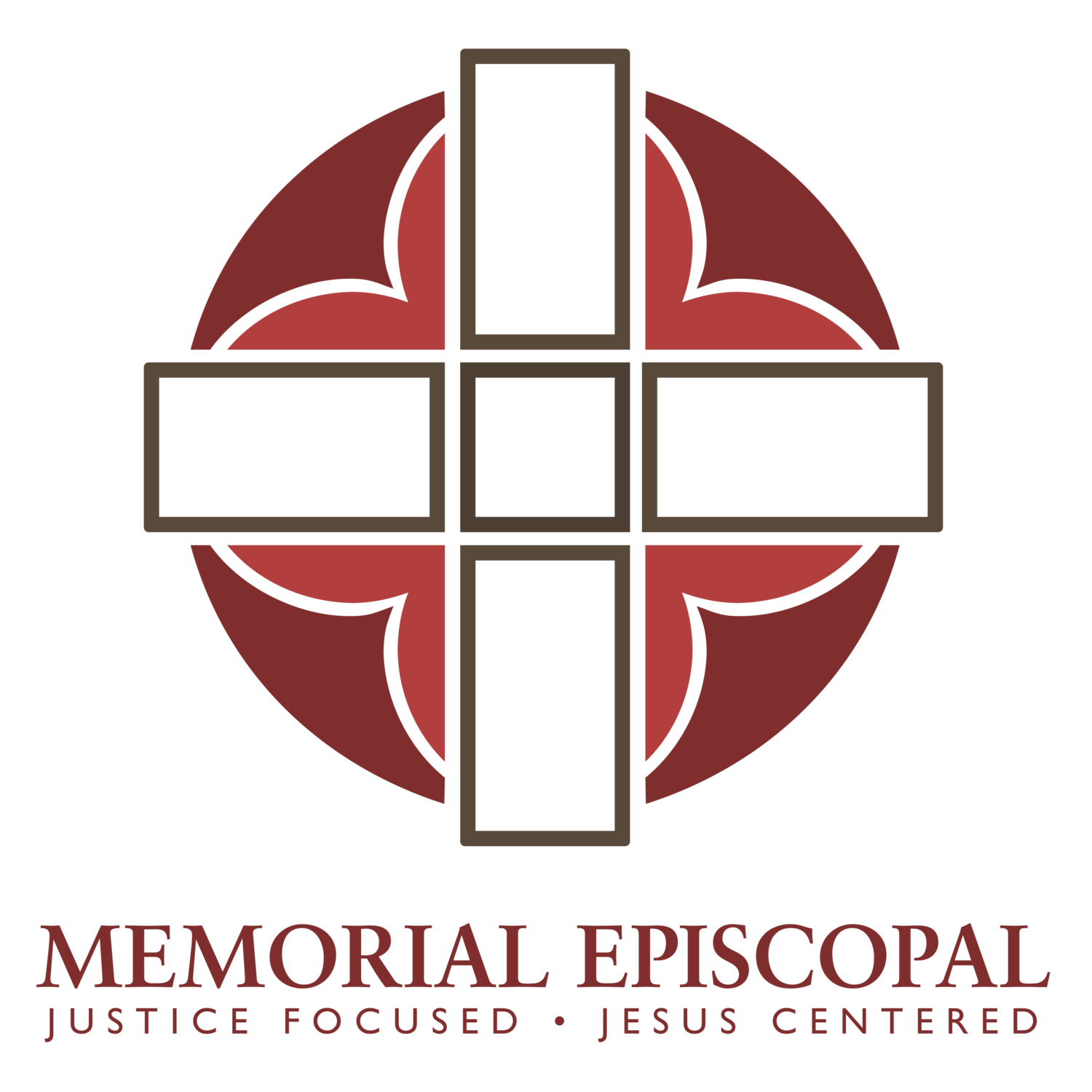The View From Bolton Street
Dear People of God: The first Christians observed with great devotion the days of our Lord's passion and resurrection, and it became the custom of the Church to prepare for them by a season of penitence and fasting. This season of Lent provided a time in which converts to the faith were prepared for Holy Baptism. It was also a time when those who, because of
notorious sins, had been separated from the body of the faithful were reconciled by penitence and forgiveness, and restored to the fellowship of the Church. Thereby, the whole congregation was put in mind of the message of pardon and absolution set forth in the Gospel of our Savior, and of the need which all Christians continually have to renew their repentance and faith.
(Book of Common Prayer, 264-265)
The “Invitation to a Holy Lent” from the liturgy for Ash Wednesday presents an auspicious and intimidating image of Lent. One cant help but read this and wonder ‘Am I a Notorious Sinner?’ It might be enough to push you off from the whole lenten project altogether. “That’s not the kind of place I want to worship” you might find yourself saying.
But before you run for the hills, let us examine what exactly a ‘Notorious Sinner’ is. Our Lenten practices that we still observe today - of prayer and fasting, of ashes and devotions, of Palm Sunday and Holy Week all building up to the Easter Vigil because in the 300’s in Jerusalem. And they were developed in response to a problem.
You see, while Christians were being persecuted by the Roman Empire, intense pressure was put on Christians, especially well known Christians, to recant their faith publicly and devote themselves to the Roman Gods. Worse, if they did not, they often found themselves threatened with long imprisonment or death. While some Christians joyful went into Martyrdom knowing that the life that awaited them was better than this world could ever offer, many many did not and recanted. And more than a few also in the process identified other secret Christians to be put on trial for their faith. These ‘Notorious Sinners” were the enemies of Christians all over the Empire, and many Christians lived in fear of them.
Now after Constantine declared Christianity the official religion of the Roman Empire, there was a problem. The first was how this under ground religion was going to be incorporated into the life of the Empire - that is a problem we still wrestle with today - the balance between Church and State, between loyalty to Christ and loyalty to Country. But the more immediate problem was what to do with all these Notorious Sinners? Because now that the Church had power they wanted back in the Church!
Certainly there were many Christians who wanted vengeance, punishment, or at least some kind of recognition of the suffering caused. But Christians follow a loving and forgiving savior, and so they began a process of reconciliaiton for those penitent sinners who truly wanted to be readmitted into the Church. The required spending all of Lent, sometimes longer in Jerusalem or Rome, kneeling outside the church for hours at a time, receiving instruction in the faith, repenting of sins and finally, if the Bishop approved, being re-admitted into the faithful at the Easter Vigil. It was a season of atonement, and presented a way for people living in broken relationship to first repair their relationship with God and second with each other.
So you may still ask yourself ‘Am I a notorious sinner?’ But the answer will have less to do with a catalogue of sins and more to do with our relationships with Jesus and with our neighbors.
This Lent I invite you into a season of penitence and fasting, of prayer and repentance. But also of healing and reconciliaition. And Ultimately of hope. What notoriously broken relationships exist in your life? How can you re-connect first to God, and then to each other, to repair those relationships, and show the world what true Christian love and Charity looks like?
